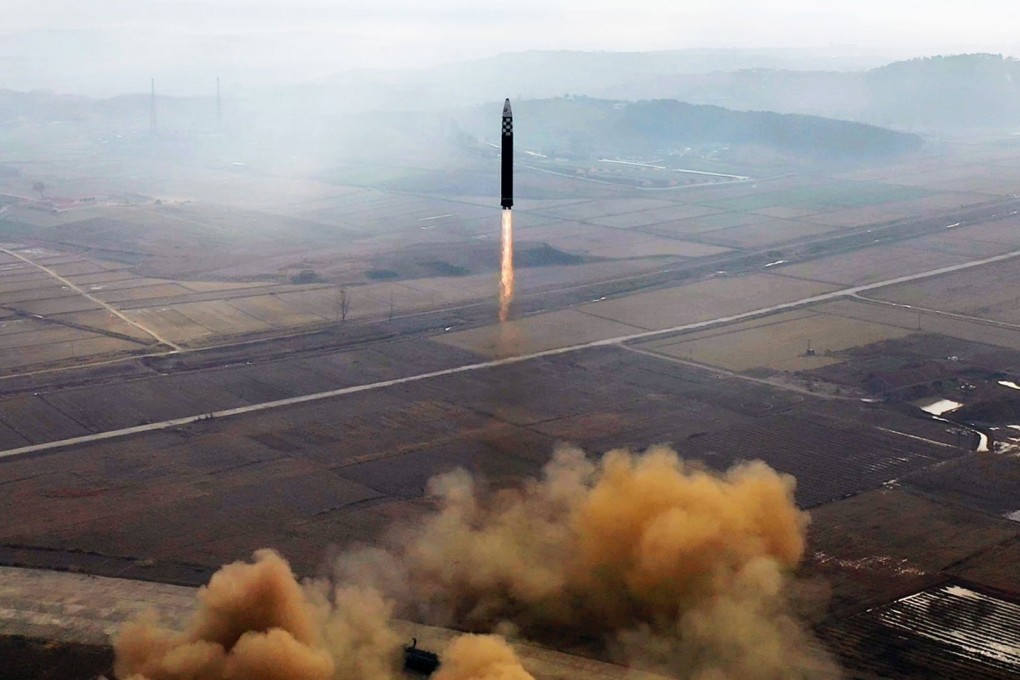Advertisement
Opinion | Is North Korea’s crypto-funded nuclear programme at risk following FTX collapse?
- North Korea has for years relied on stolen cryptocurrency to fund its expanding nuclear arsenal
- While it is difficult to tell how much it has lost following the crash of FTX, experts estimate Pyongyang’s crypto haul has lost 80-85 per cent of its value
Reading Time:3 minutes
Why you can trust SCMP

Since the world’s second-largest cryptocurrency exchange, FTX, declared bankruptcy this month, the flow-on effects have been felt far and wide.
But among the many victims are also some not-so-innocent parties. For North Korea, a country facing heavy sanctions, cryptocurrency theft has been a (relatively) simple way to fund the country’s expanding nuclear arsenal.
It is well documented that Kim Jong-un’s military operation hackers have been stealing cryptocurrency to support North Korea’s nuclear and missile programme for several years.
Advertisement
But with the general downturn in the cryptocurrency market, coupled with the recent FTX collapse and myriad other pitfalls, analysts estimate North Korea has probably lost most of its cryptocurrency haul.
Can we expect its development of nuclear weapons to come to a halt, or slow down? It seems unlikely.
What North Korea’s hackers have been up to
Advertisement
Select Voice
Choose your listening speed
Get through articles 2x faster
1.25x
250 WPM
Slow
Average
Fast
1.25x

